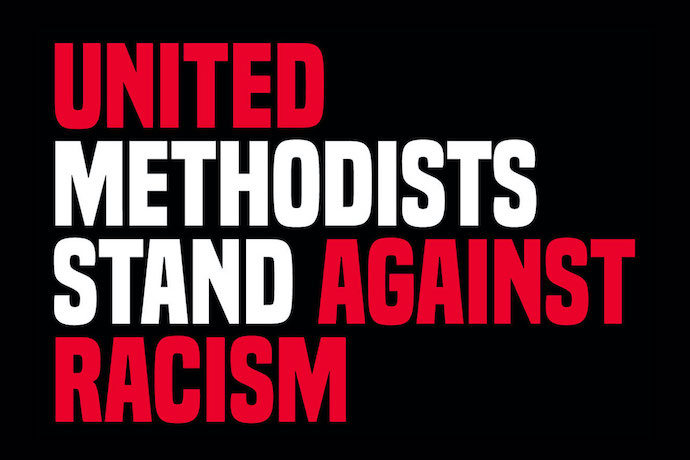On one of the most sacred days of observance in African American history, Juneteenth, the United Methodist Church has unveiled its Dismantling Racism Initiative. The goal of the plan is “to galvanize church members and others to actively stand against racism in the wake of the death of George Floyd and protests across the U.S.” What is called an “action plan” will begin with a day of prayer and worship throughout the denomination and include other actions like virtual gatherings, reading lists, and resources for activism.
I’m somewhat encouraged that the initiative encourages members to read and listen to the numerous resources that have long been available through its general agencies. I also appreciate the statements offered by several bishops and the actions taken by local churches and members across the denomination. This is the right and faithful approach.
However, my encouragement is tempered by the denomination’s history of saying one thing and doing quite the opposite. In many ways, the last decade of the Council of Bishop’s silence, even at times of significant concerns about race relations in our nation, belies this new initiative. What was the action of the council during the righteous protests in Ferguson or Baltimore? Eric Garner, Michael Brown, Tamir Rice, Sandra Bland, Botham Jean, and Atatiana Jefferson. Why no initiatives then?
Perhaps most telling: Does the Council of Bishops not yet recognize that, included among the very Black lives they now declare matter, are members of the LGBTQ community? How serious can Black LGBTQ United Methodists take this new initiative that doesn’t contain a clear stance against homophobia and transphobia? Have our denominational leaders not yet learned Black Lives Matter means ALL Black Lives Matter, including members of the LGBTQ community?
It was not too long ago that many of us sought to make this point at the denomination’s 2016 General Conference. About 150 people and I disrupted the plenary session of this quadrennial meeting carrying a banner. Written very boldly on the banner were these words, ALL #BlackLivesMatter. The banner’s body contained an even fuller articulation of our message: Bisexual, transgender, poor, heterosexual, lesbian, gay, disabled, women, men, youth and children. The immediate response by the presiding bishop was to explain to international delegates that we were protesting “violence, as they perceive it” done to Black people by police.
A quick prayer and the session moved swiftly ahead. Others went on to count up the monetary cost for that 20-minute demonstration. Still others wrote extensive posts about how offended they were by such behavior. Nevertheless, it’s a matter of record that on that very day, not long after the shut-down, the delegates voted to delay any further “debate on homosexuality” instead asking the bishops of the denomination to lead the church in finding a way resolve, once and for all, the long-held differences and division caused by the anti-LGBTQ language and legislation contained in the denomination’s Book of Discipline. Since that point, the United Methodist Church has swiftly approached the point of “restructuring by separation.”
Try as hard as they may, the UMC’s Dismantling Racism Initiative will ultimately go the way of the several services of repentance for this or that bigotry which were previously held positions. I expect this initiative to be highlighted only a short period of time then sputter away into forgetfulness because it fails to take into account one fundamental truth: Unless your anti-racism has an intersectional approach that unequivocally denounces the bigotry of any of God’s people, it is ultimately anti-nothing. The Council of Bishops must stand for the end of oppression for all Black people. Otherwise, they run the risk of sending out a message filled with a call for liberation—but only for some. Juneteenth deserves a better action.


